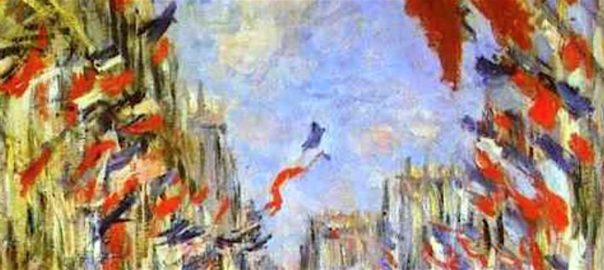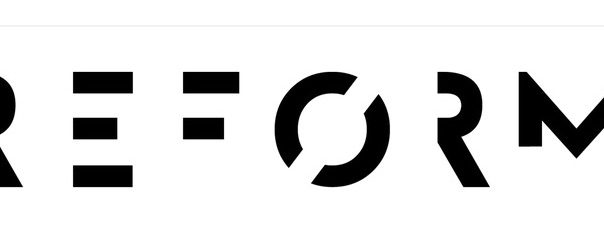
Liberté, Égalité, et Fraternité!” This cry of the revolutionaries in Paris, started a process of change that began idealistically and ended in anarchy, totalitarian rule, and complete change in the map of Europe. Bastille Day is the moment that two handfuls of political prisoners were liberated from prison. It symbolizes the end of the old hierarchies of church and state and the dawn of a new era of secular citizenship and equality. Many Americans were excited about another nation (and their ally in the War for Independence) throwing off a corrupt monarchy and becoming democratic. But the joy was short-lived as France went to war with most of Europe, secularized every institution, and, after a decade of turmoil, found herself ruled by Napoleon. What happened? Why is this Revolution so different from the American one just a decade earlier?
There are three reasons these two revolutions are NOT the same and why the one in France turned out so poorly. First is the historical context. The American colonies were quite diverse culturally and religiously, though British and Protestant sensibilities were dominant. Jews, Quakers, Baptists, Roman Catholics, and even free thinkers could flourish to some extent. This diversity led to the phrase, “E Pluribus Unum” – Out of Many, One.” France’s cultural and religious history was much different. In 1598 the Edict of Nantes offered limited toleration for Protestants; however, it was revoked by King Louis XIV in 1685 and France lost hundreds of thousands of Protestant and Jewish citizens, leaving a polarization between a reactionary Roman Catholic church and a secularizing Enlightened elite.
The second difference is the vision of the revolutionaries. The 1789-1792 era has many similarities with the USA, but after the execution of King Louis XVI and Queen Marie Antoinette, secular radicalism took over and imposed a new kind of intolerance. Soon there were all kinds of ideological and verbal litmus tests of how truly “revolutionary” one was…and over 40,000 died by the guillotine, most of them original supporters of the 1789 uprising!
Thirdly, anarchy and polarization left a vacuum for a totalitarian regime to fill…hence, the rise of Napoleon. At first his rule brought order and peace, new laws, and even religious toleration. Soon, however, he set about conquering much the European continent and battling Great Britain for dominance. Within a decade of coming to power, Napoleon was one more despot and military leader full of his own self-importance.
The legacy of 1776 and the birth of the USA is one of gradual toleration and democracy. The legacy of 1789 is more akin to the 1917-1922 Communist Revolution in Russia – another land without a history of religious diversity and representative governance. Though France is a strong republic today, she is still radically secular in her corridors of power. The USA remains a haven of religious freedom and diversity, enriching its communities and offering hope to a world.


